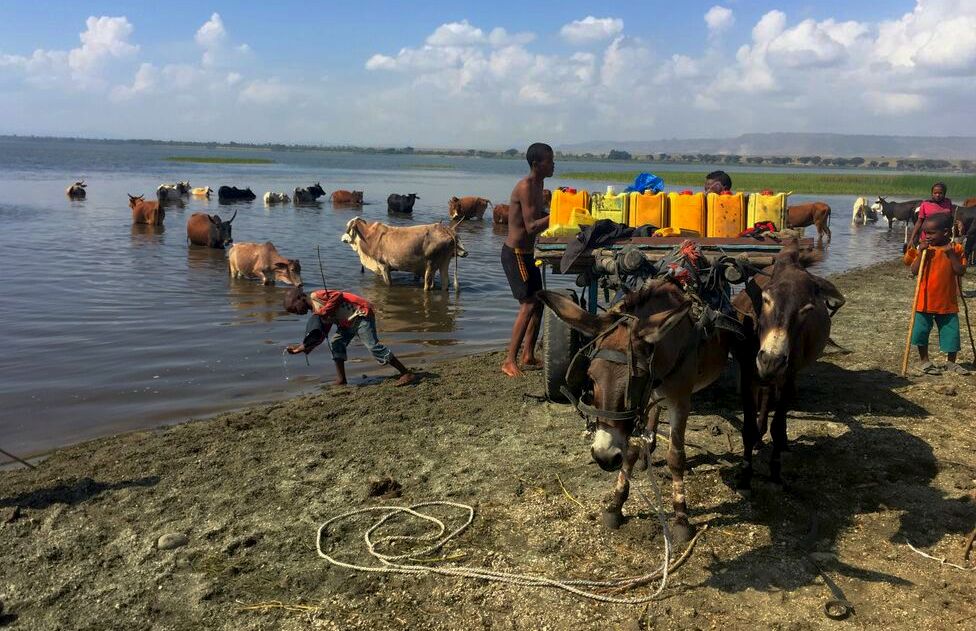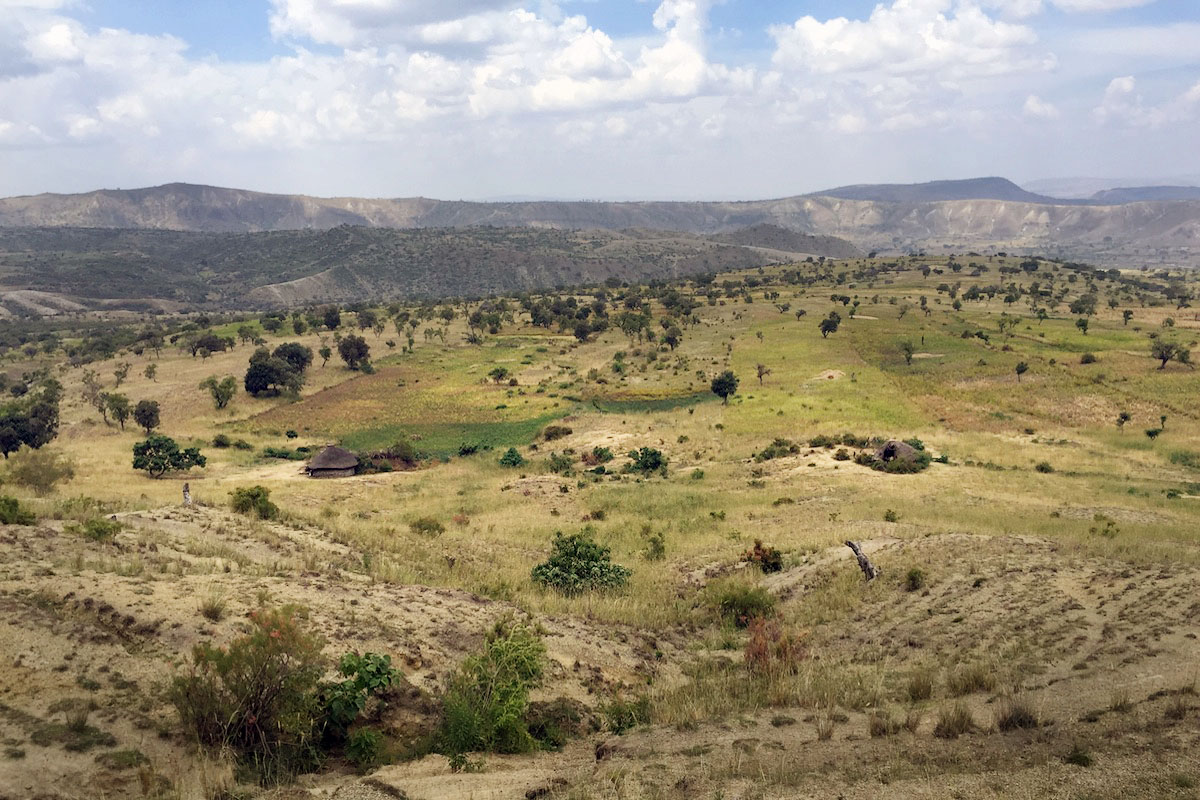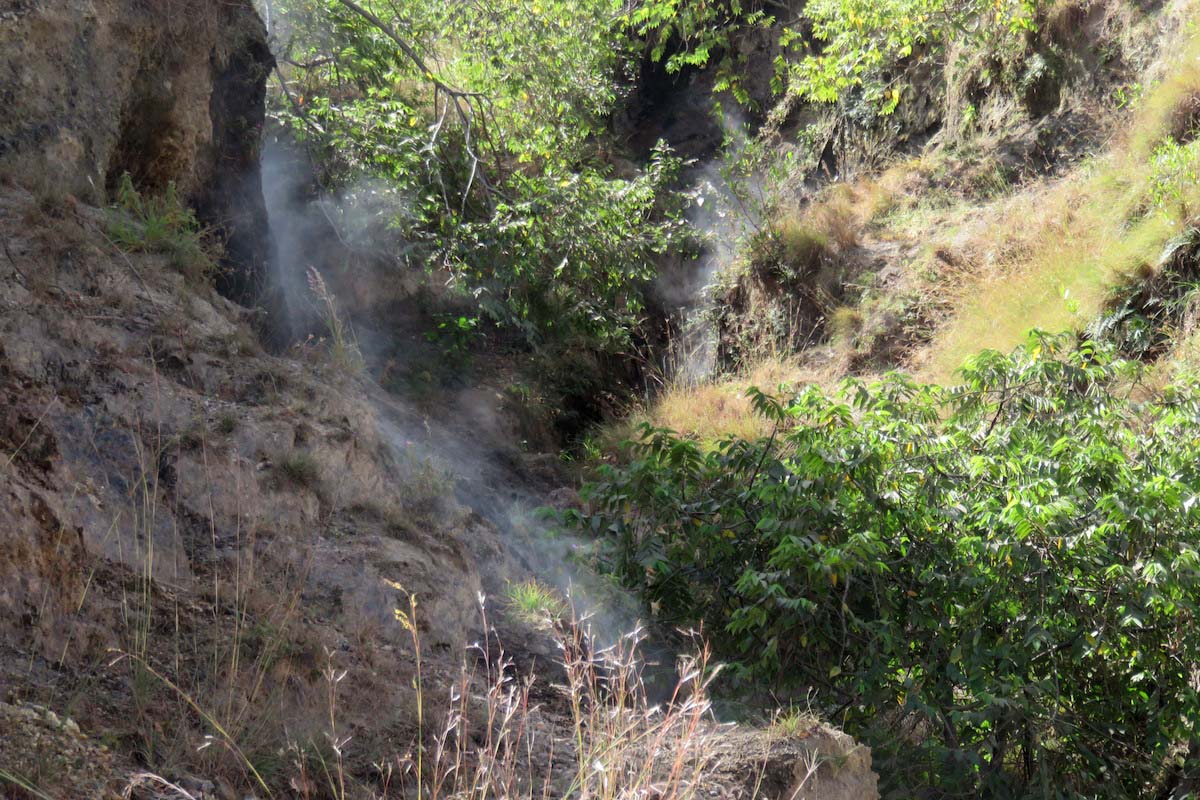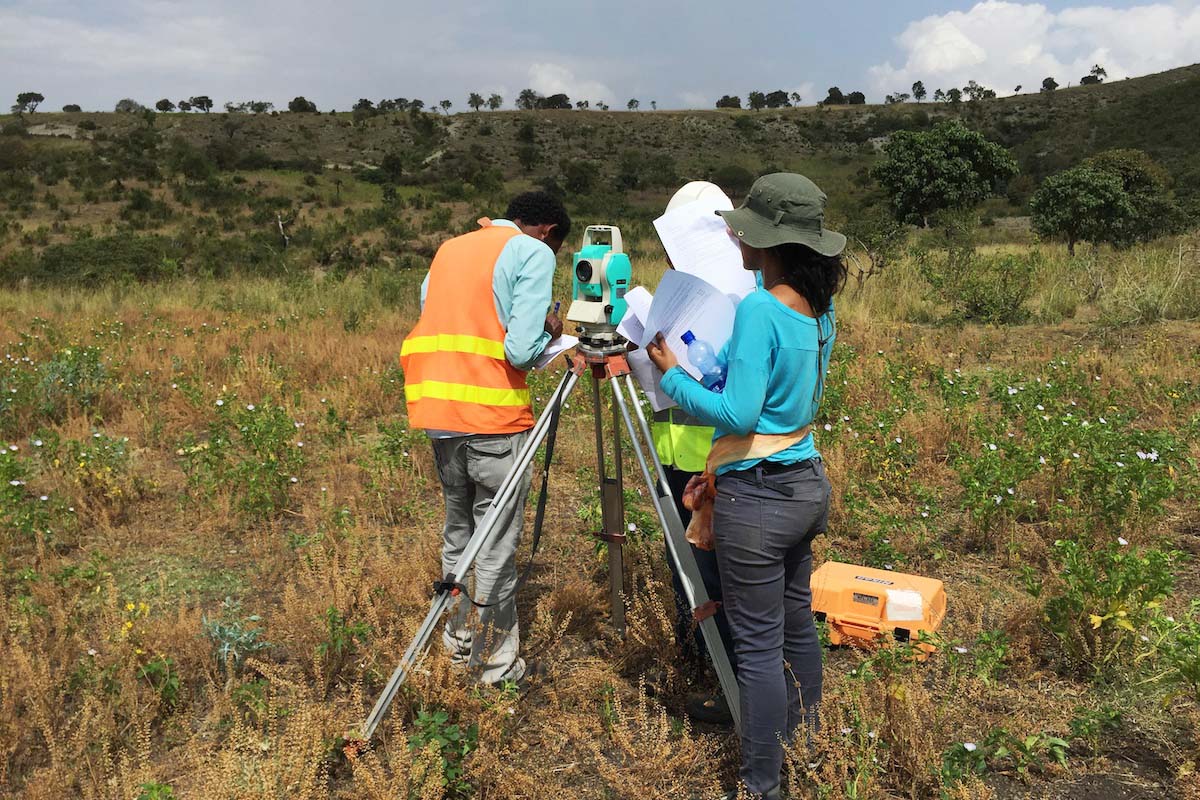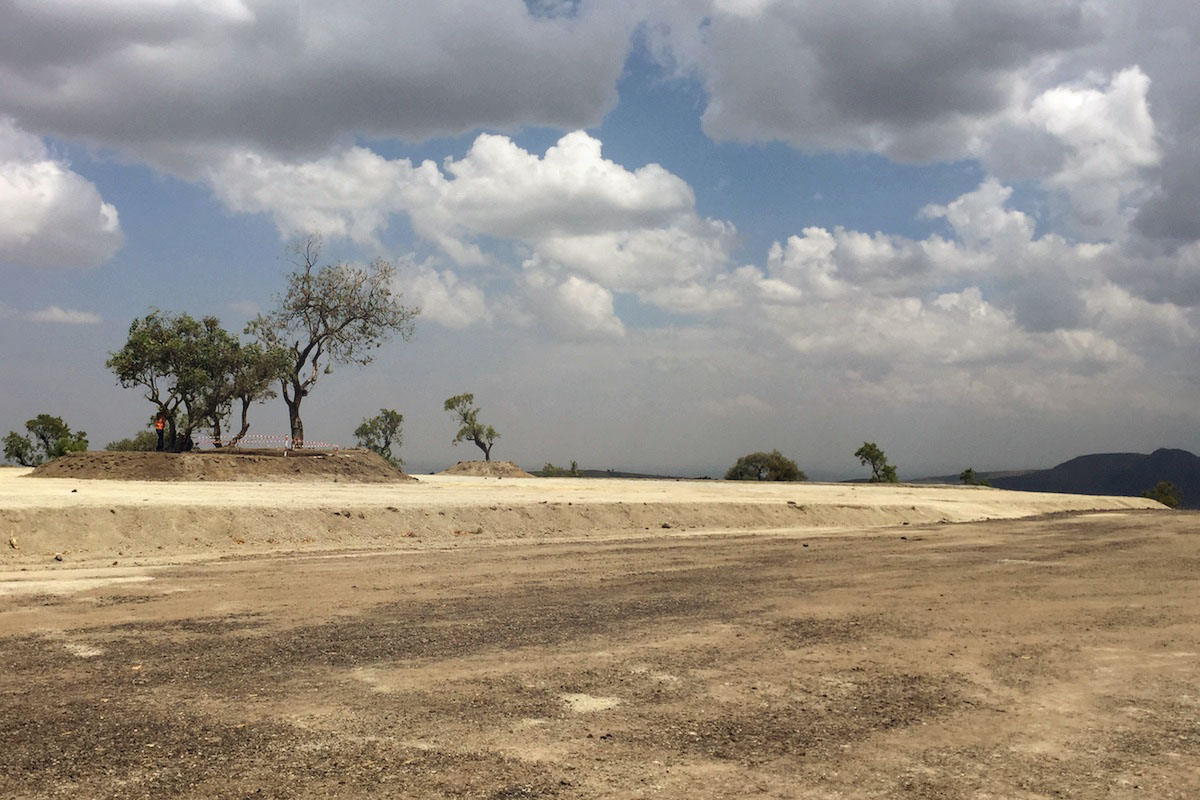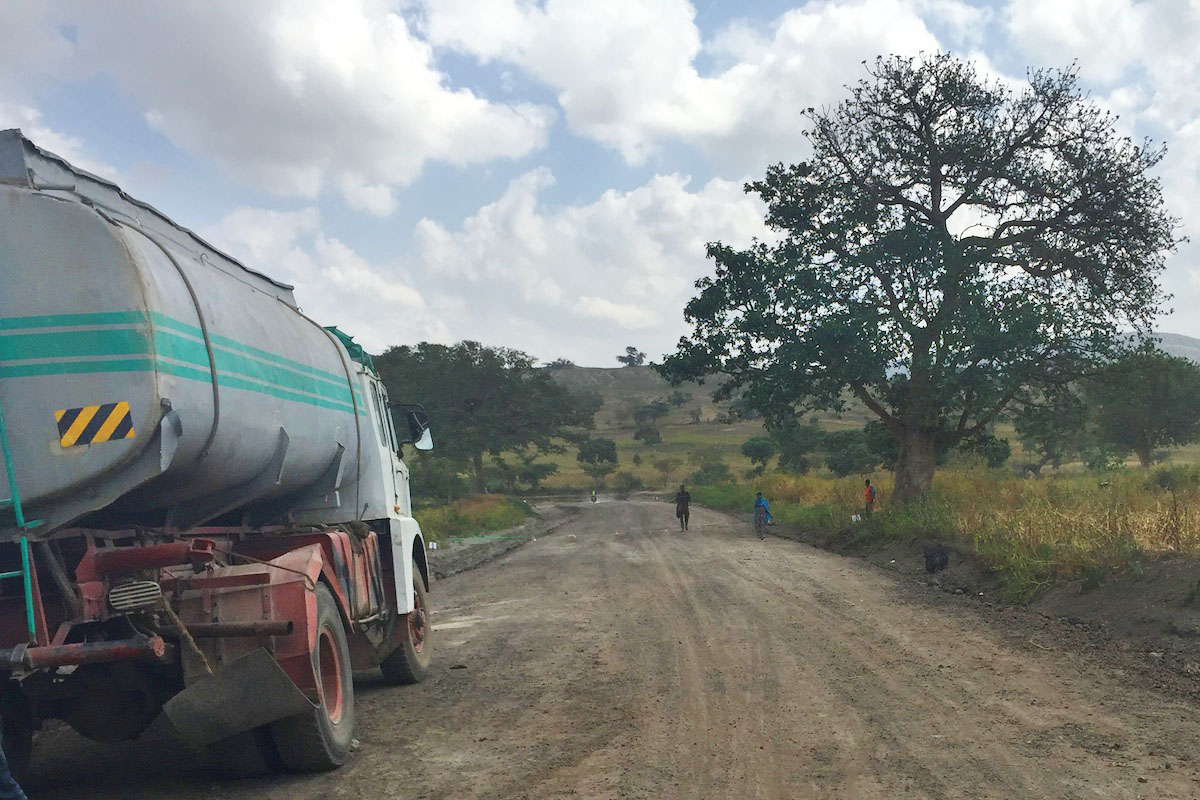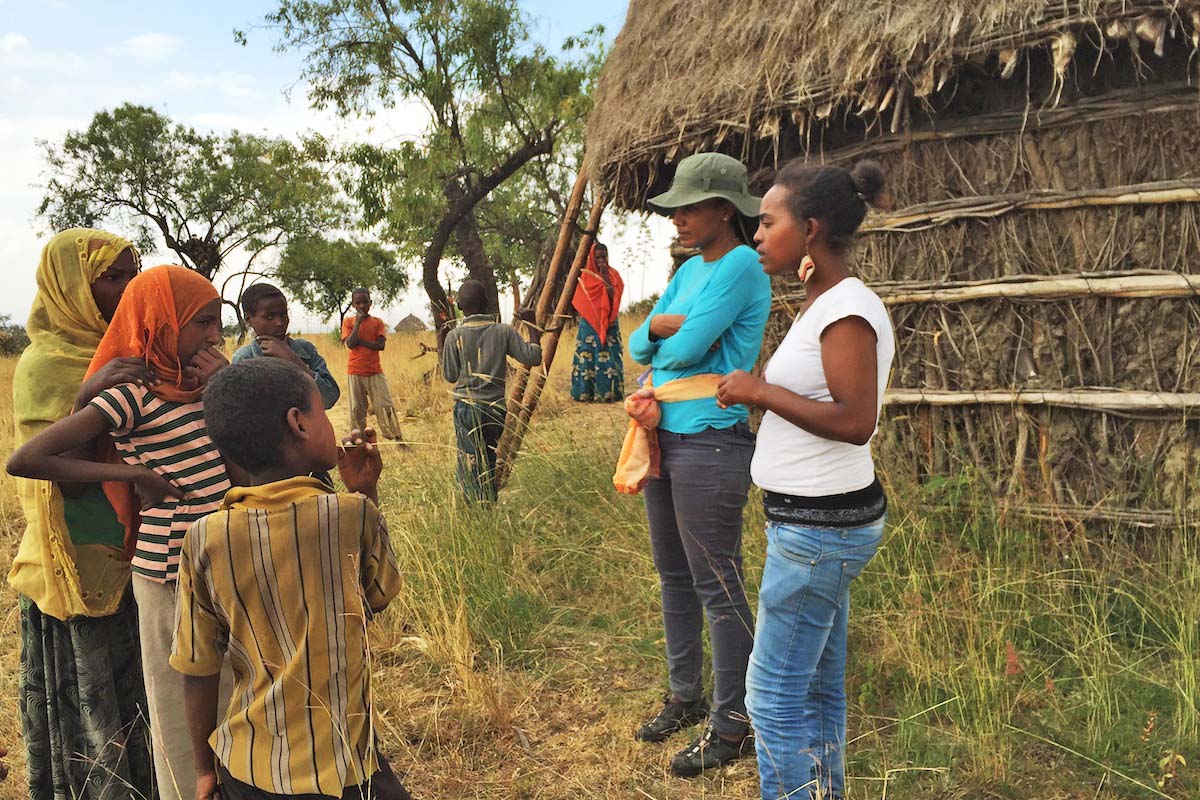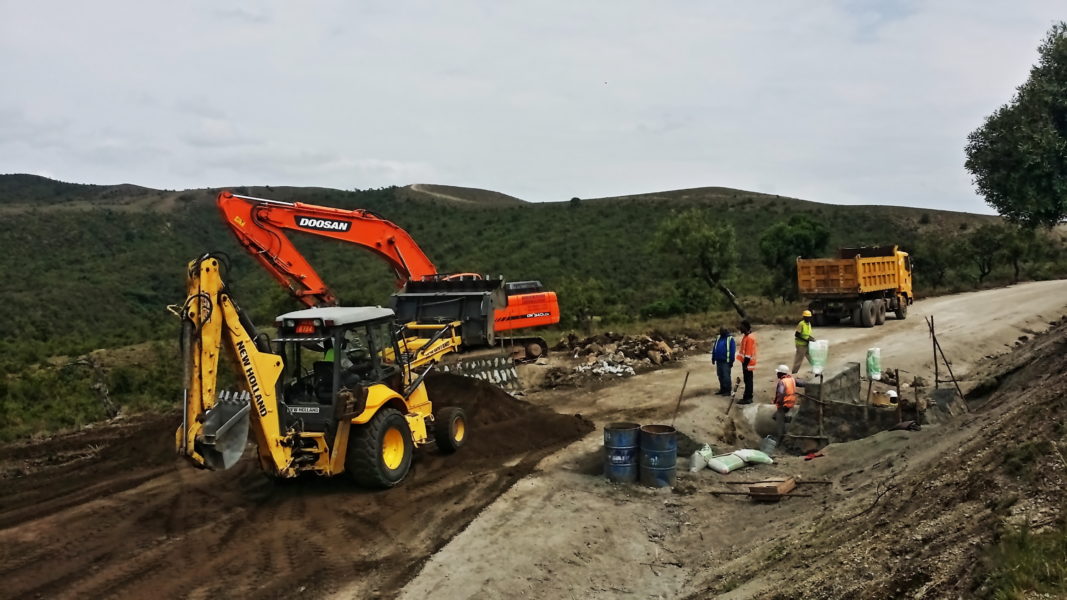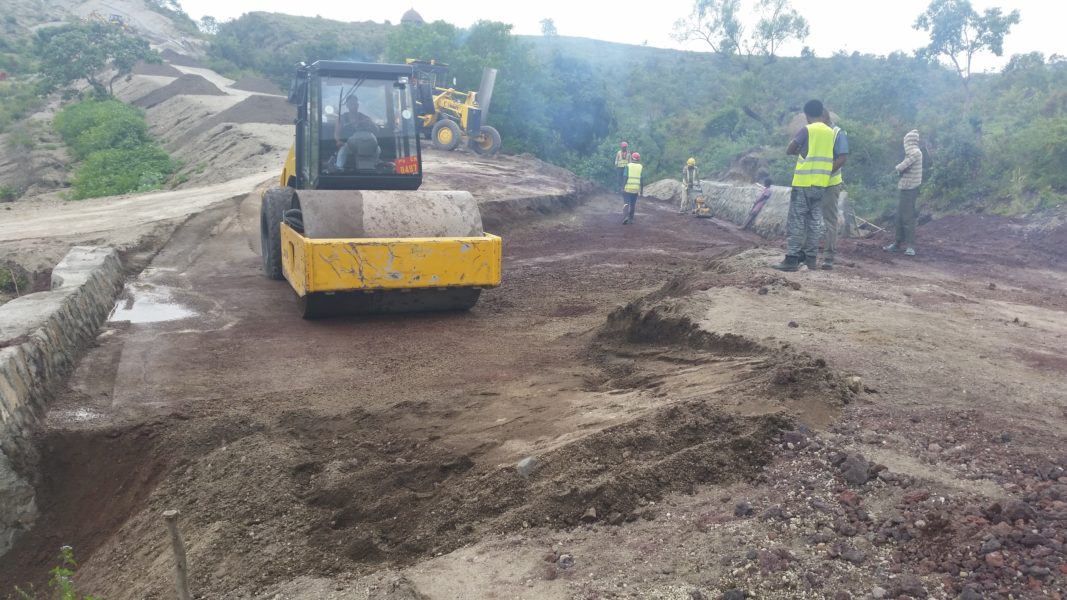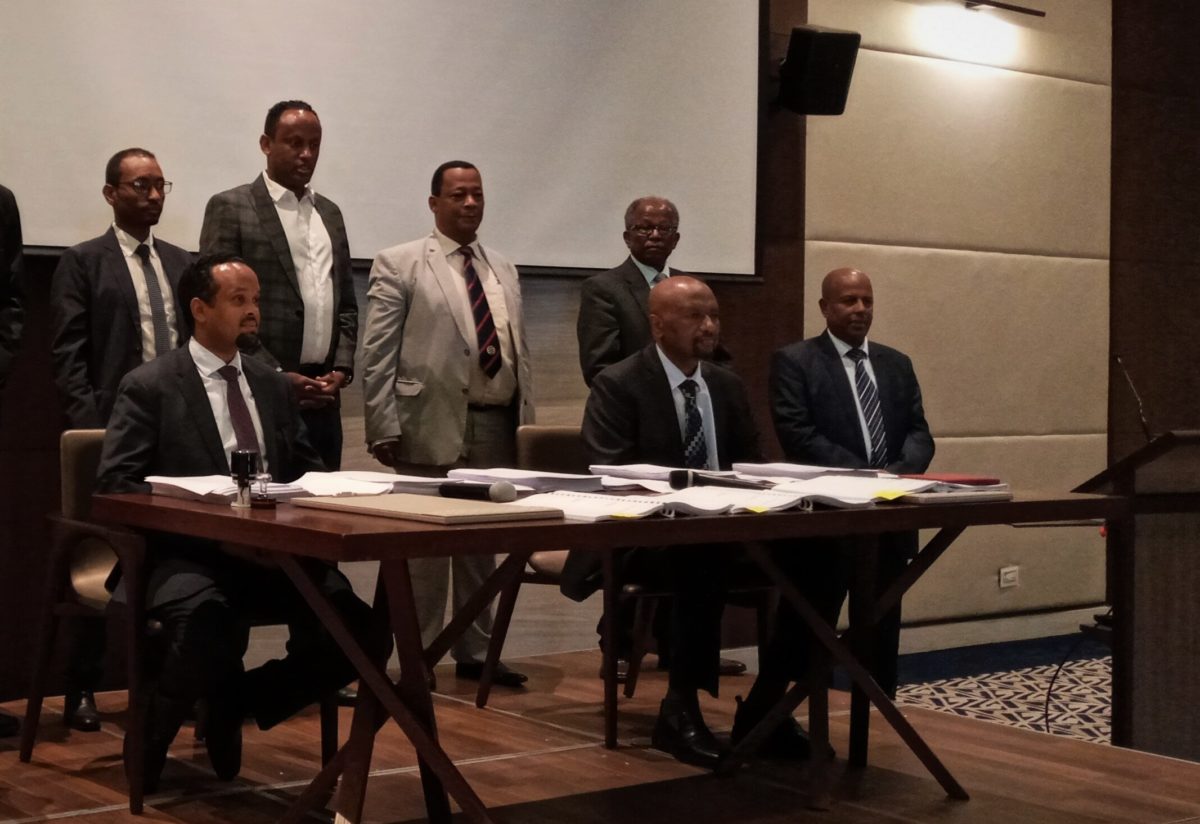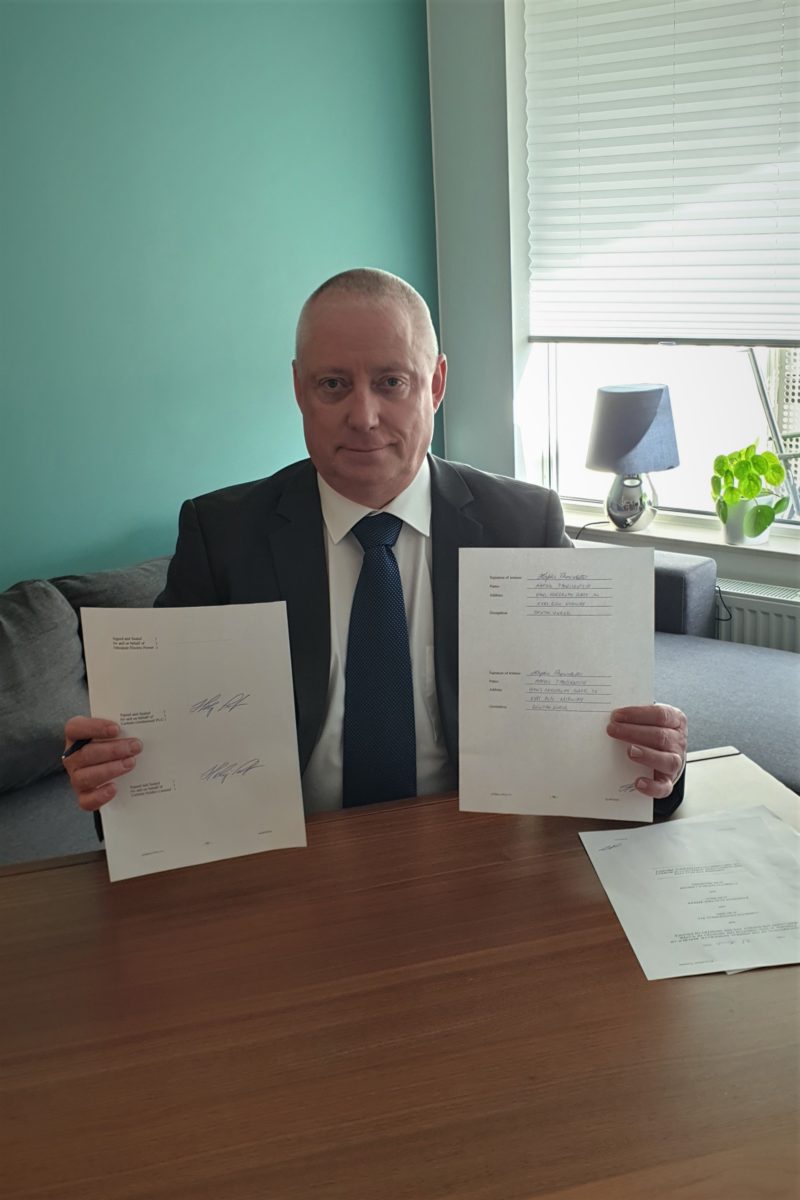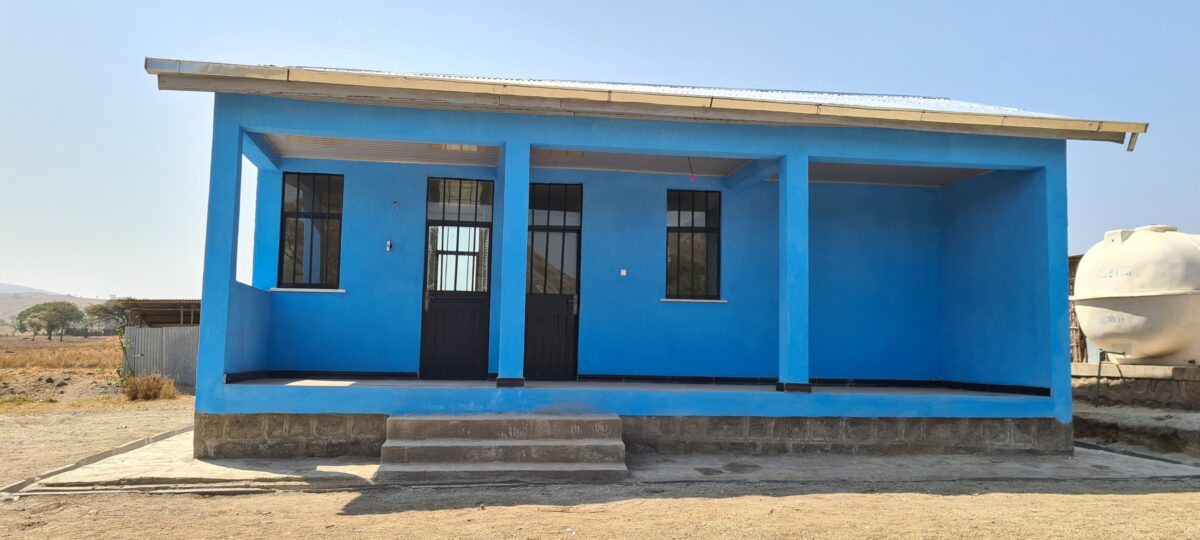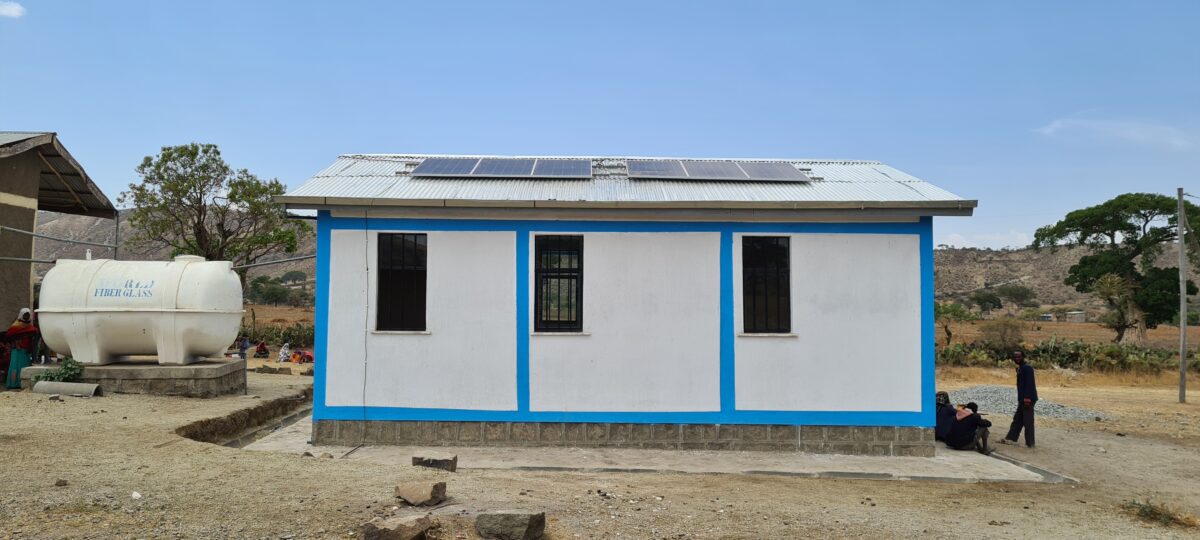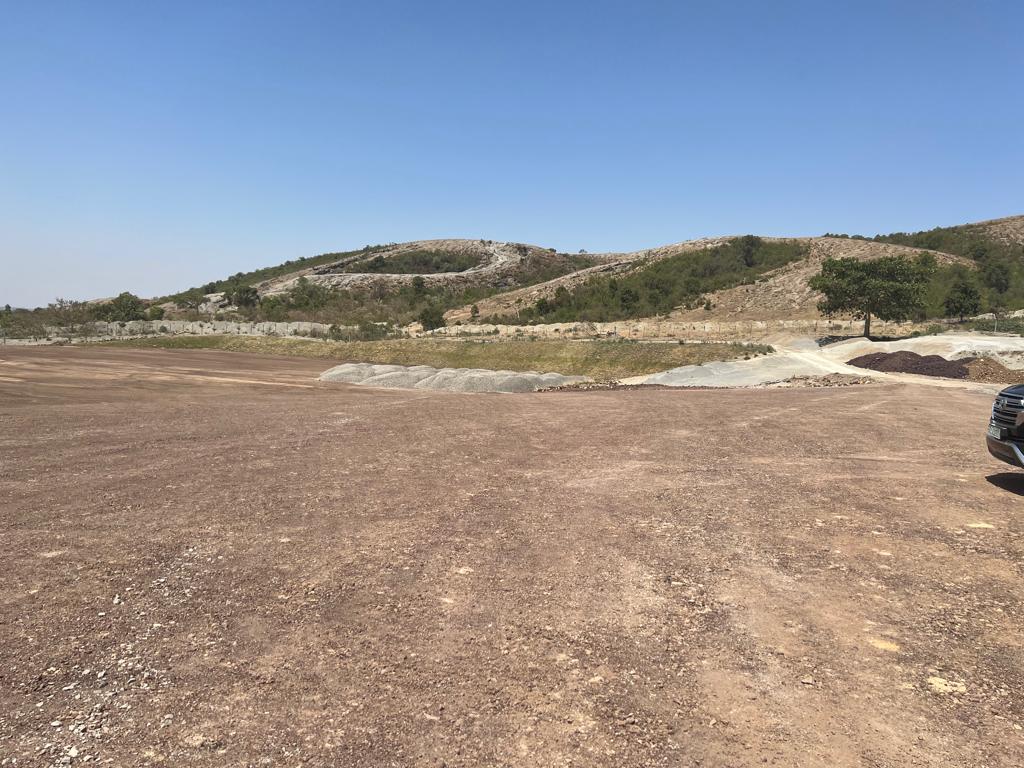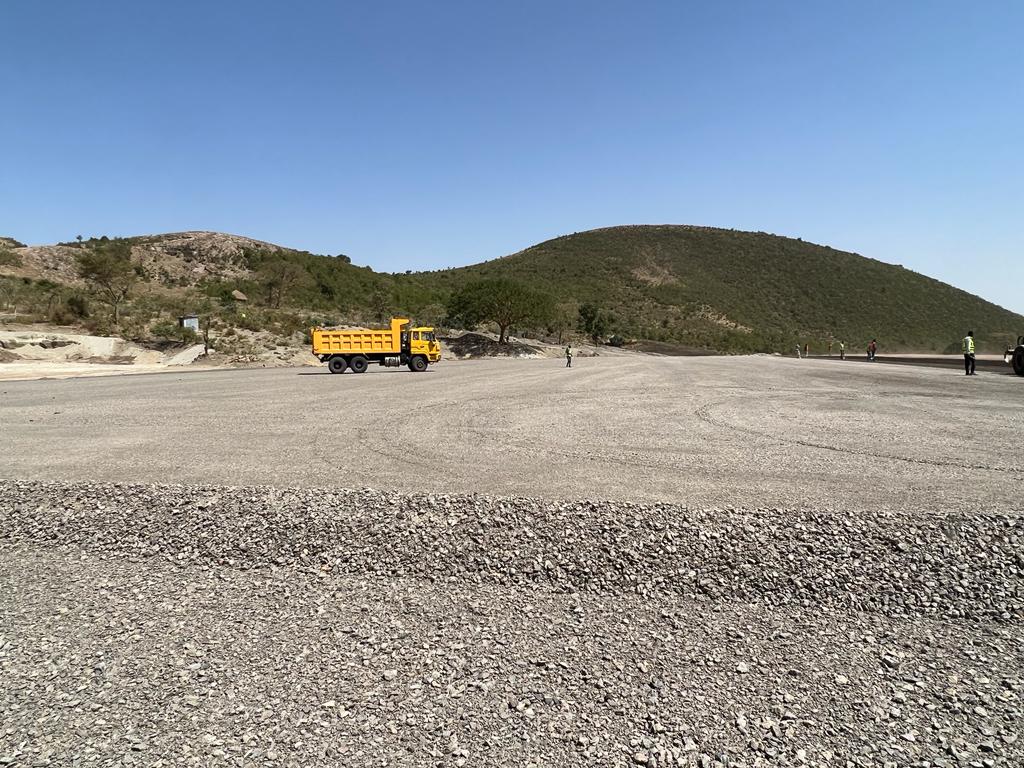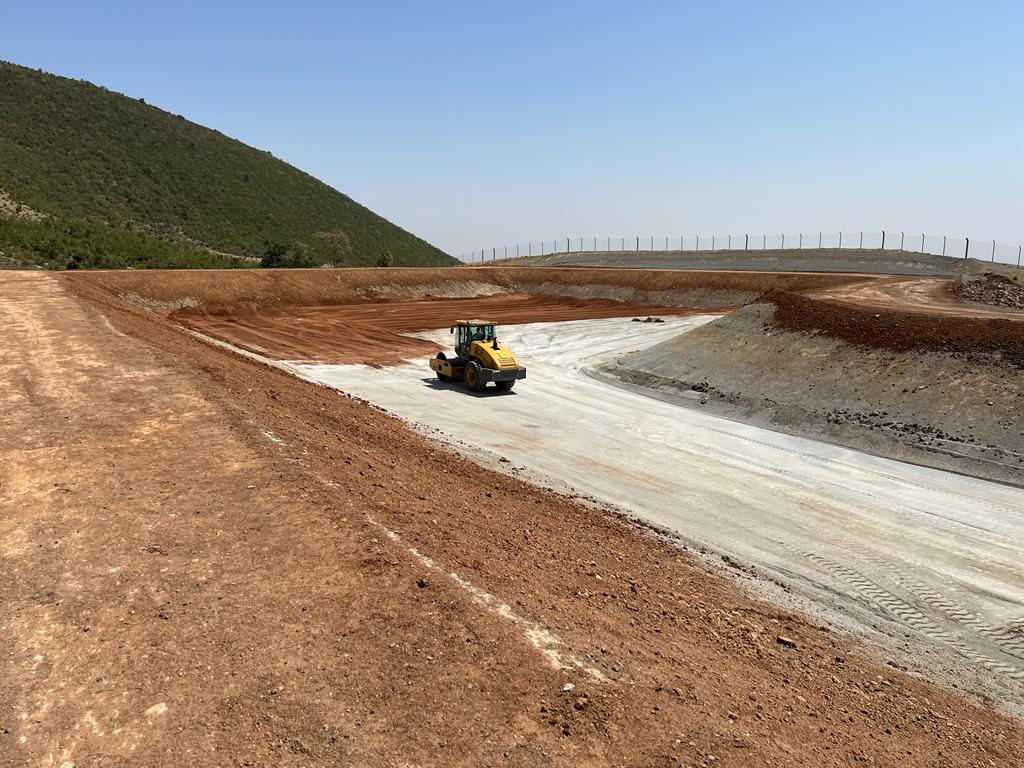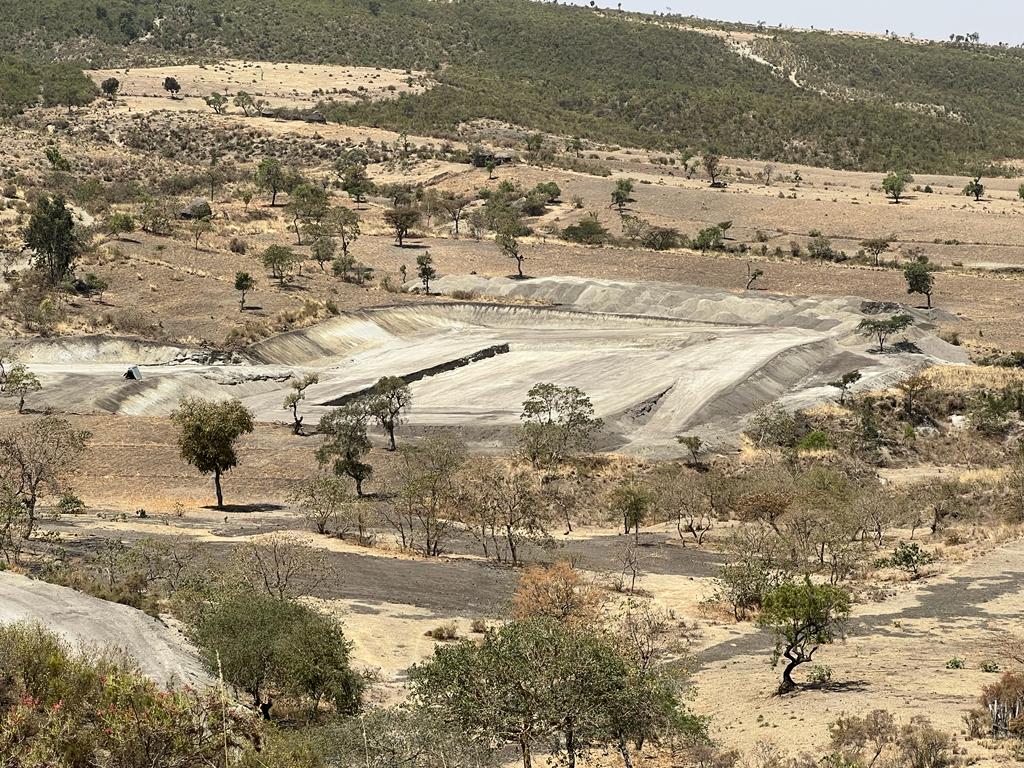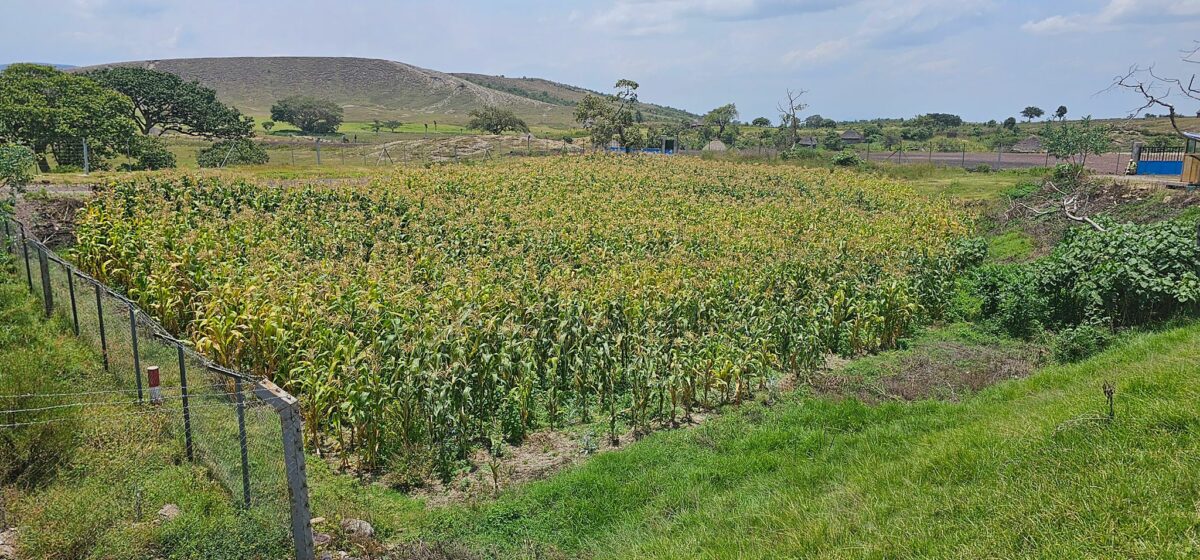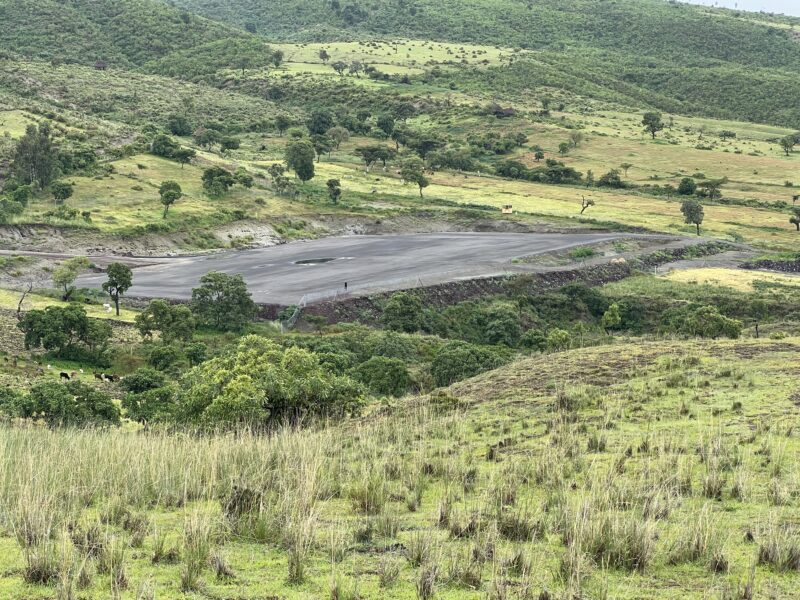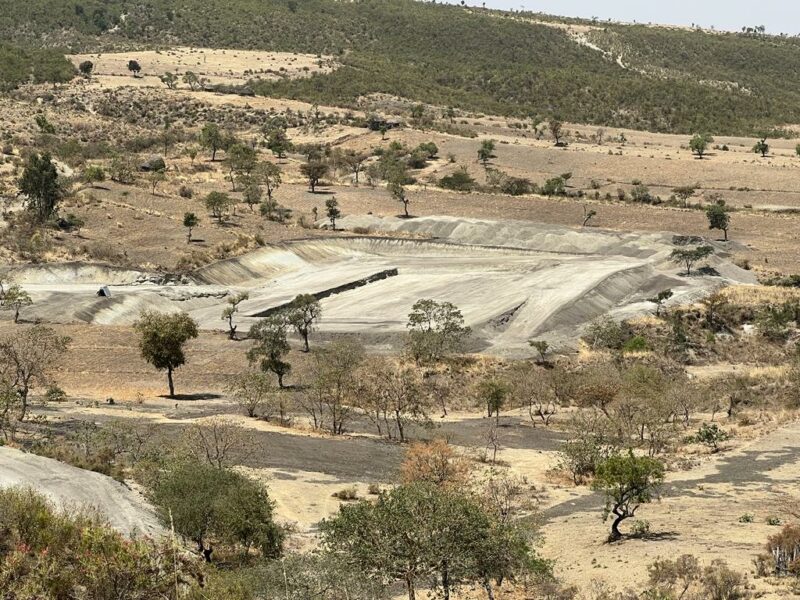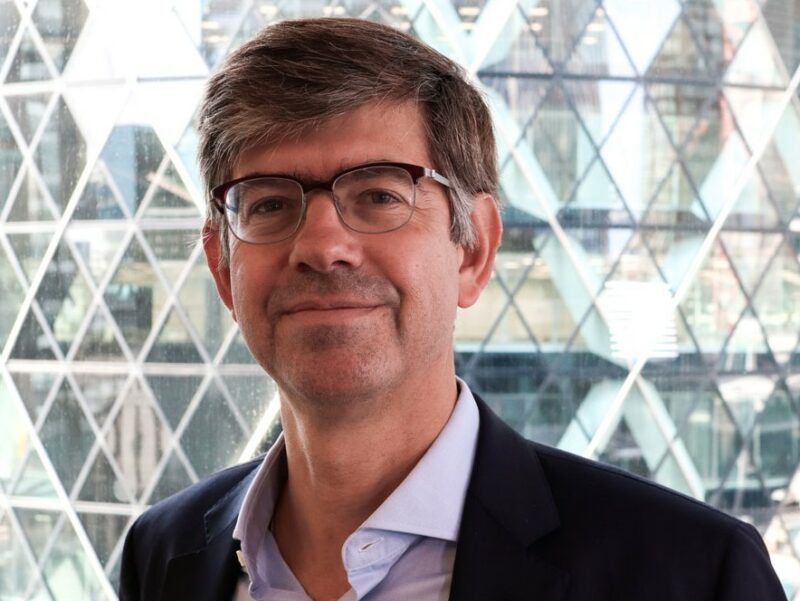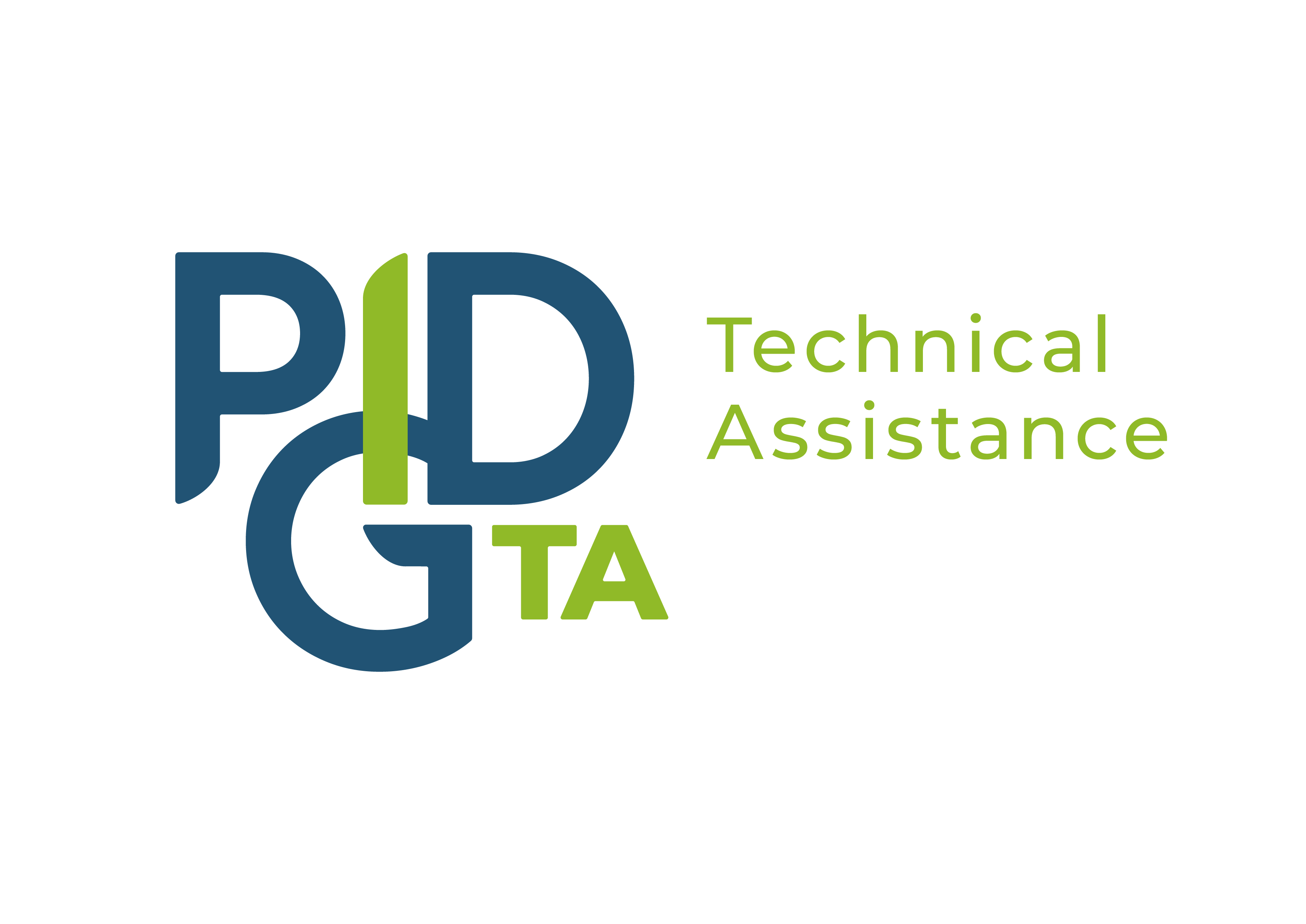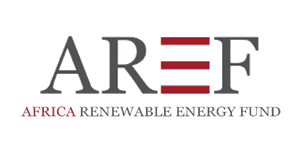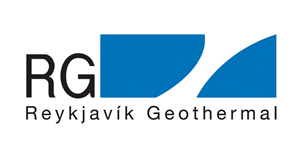Ethiopia: Corbetti
Green growth powered by the earth's core
Challenge
In 2019, the Government of Ethiopia (GoE) released an updated National Electrification Plan with the target of achieve universal access through a combination of grid extension, solar home systems and off grid by 2025. This requires 13.5 GW of new on grid generation, of which 840MW is geothermal. In addition to allowing more of the population to have access to electricity, these generation targets will enable the GoE to reduce dependency on imported fossil-fuels and, coupled with energy efficiency initiatives, generate surplus power for export through planned interconnectors. Such export will improve Ethiopia’s balance of payments by billions of dollars by 2030.
Ethiopia is well placed to achieve carbon-neutral growth; with ~90% of current electricity supply generated from hydro sources. However, hydropower generation is vulnerable to climate change related variations in rainfall patterns. Since 1965, Ethiopia has experienced 15 multi-year droughts and US Geological Survey climatologists estimate rainfall has declined by 15-20% since the mid-1970s. Ethiopia’s geothermal potential has long been recognised as a potential solution.
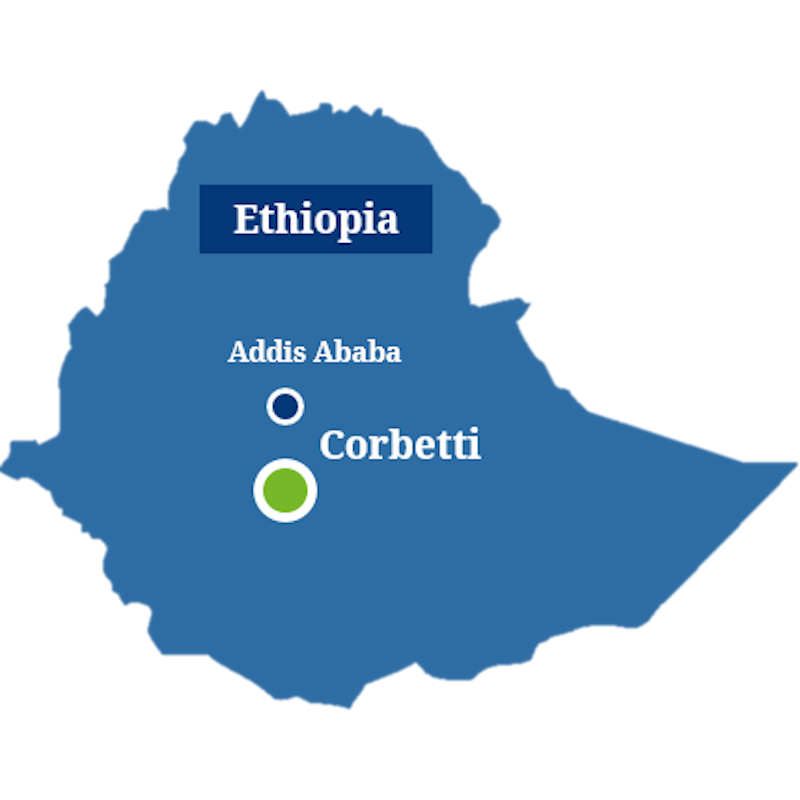
Solution
Situated in the Corbetti Caldera 250km south of Addis Ababa, Corbetti Geothermal (‘Corbetti’) will be a pioneering project: it is situated on a greenfield site, will prove a new geothermal resource, and be one of the first pair of privately developed, owned, and operated geothermal IPPs in Ethiopia, which is only the second country in sub-Saharan Africa to develop geothermal privately. Corbetti will be developed in two phases over a six-year period. The first phase will drill four to six exploratory wells to raise debt finance to drill a further four to seven wells and build a 50MW power plant which is expected to become operational in 2027. The second phase will consist of additional geothermal wells, a 100MW power plant and facilities.
The project has secured a number of grants from PIDG TA to support activities including drinking water studies, a geothermal brine usage study, legal support for the government and a feasibility study to replace diesel generators with solar power during construction.
Constructing the geothermal wells requires large quantities of water and so a new water system will be constructed. If suitable potable water supplies can be identified, the project intends to also provide a supply to local communities who suffer from water stress.
Access roads developed to date have greatly increased mobility in the vicinity of the project, helping people from the local community to get to schools and markets.
Being jointly developed with Berkeley Energy who manage the Africa Renewable Energy Fund along with Reykjavik Geothermal.





